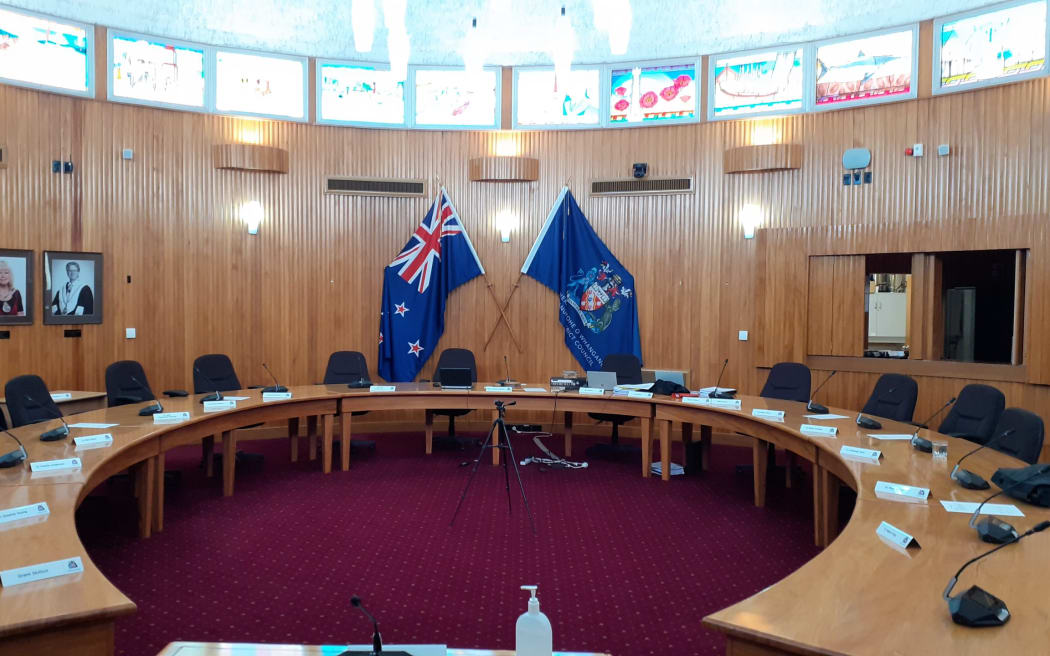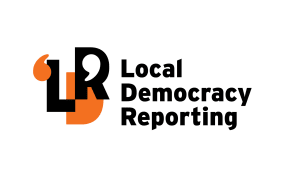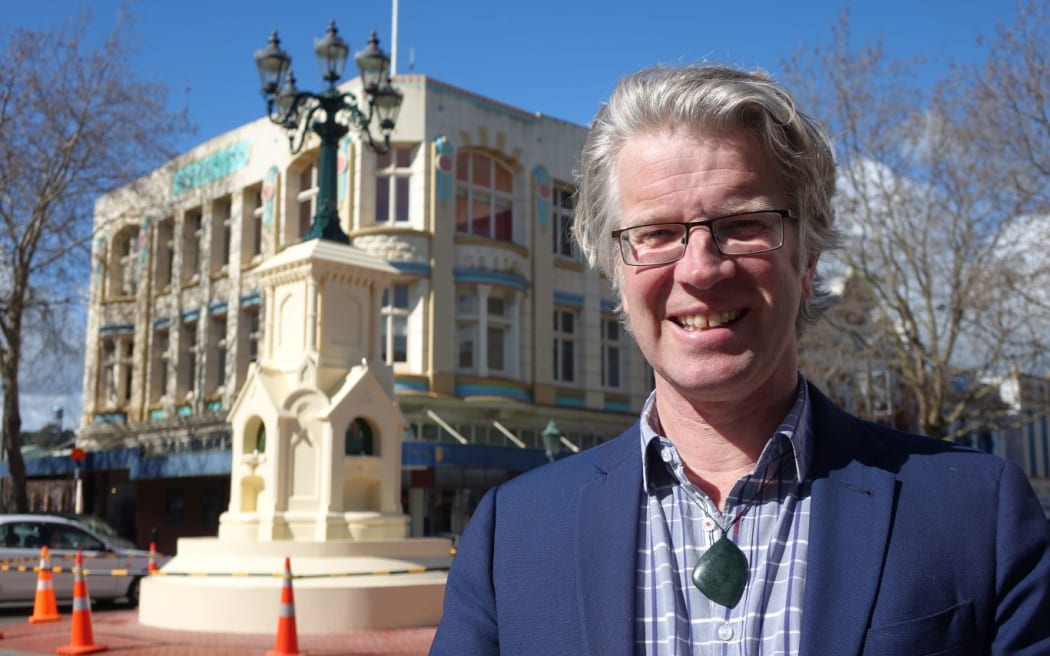With just a few days left for local body election candidates to get their nominations in, district councils in Whanganui, Ruapehu and Rangitīkei have not received enough nominations to fill their chambers.

There are concerns some key local body roles may go uncontested. Photo: LDR / Moana Ellis
Nominations for October’s local body elections close on Friday. Local Government NZ (LGNZ) says it is concerned that some roles won’t be filled, or key roles will go uncontested unless more candidates throw their hat in the ring.

Whanganui, Ruapehu and Rangitīkei will each see a mayoralty contest but need more candidates for council and community boards.
At midday on Tuesday, the Whanganui council was still five nominations short of the 12 required councillors, and five short for its community boards.
Ruapehu needed three further nominations to fill its general seats and Māori ward seats and was short a massive 13 nominations for its revamped and expanded three community boards, which each have five seats.
In Rangitīkei, no one had come forward for two new Māori ward seats, and general seats were four nominations short. Six nominations were needed for its two community boards.
LGNZ, the association of New Zealand’s local councils, said the last election saw the lowest number of nominations in relation to available seats since LGNZ began collecting data.
“At this rate, we risk seeing an even lower number this year.”
Whanganui District Council has received 10 nominations – one for mayor, seven for council vacancies, and two for community seats. The council has 12 council seats plus the mayoralty and seven community board seats up for grabs in these elections.
Deputy electoral officer Kate Barnes was urging candidates not to leave their paperwork until the last minute.
She said although nominations would be accepted right up until noon on Friday, if there were any issues with paperwork there might not be enough time to fix them before the deadline.
“We’re really excited to see a good range of candidates for Whanganui, and it would be a shame for our community to miss out on diverse representation on council because of paperwork.”
Singer-songwriter and education contractor DC Harding is the only nomination so far for mayor, but incumbent Hamish McDouall and management consultant Andrew Tripe have both declared they will stand.

Two contenders are hoping to unseat current Whanganui mayor Hamish McDouall. Photo: RNZ / Robin Martin
In Ruapehu district, two mayoralty nominations have been received from councillor Adie Doyle and Horizons Regional councillor Weston Kirton, and councillor Elijah Pue and Māori ward advocate Fiona Kahukura Hadley-Chase have both declared they will also run. Four nominations have been received for six general council seats, and two for the district’s three new Māori ward seats. Only two nominations have been received to date for 15 community board vacancies.
In Rangitīkei, three nominations have been received for the mayoralty and five for the council’s nine general seats. No nominations have been received so far for its two new Māori wards. Two nominations have been received for eight vacancies on the council’s two community boards.
Three-term incumbent mayor Andy Watson is welcoming a contest for Rangitīkei District Council’s top job, with David Christison and Quinton Berrett both having a tilt.
Watson said he hopes the mayoralty race will generate more interest in the election and encourage higher voter turnout.
One of only a handful of mayors around the country elected unopposed in 2019, he said an election will enable a local voice.
“It’s simpler not having to go through an election, but there’s a part of you that wants it because it encourages people to get out and vote.”
Watson has been campaigning for more people to stand for the mayoralty, council and two new Māori wards.
“Our election turnout last election was poor. Part and parcel of that may well be that there wasn’t an election for mayor. Without that, some of the interest in a local body election tends to fade. On that basis alone, it’s good to have an election.”
Local Democracy Reporting is a public interest news service supported by RNZ, the News Publishers’ Association and NZ On Air.